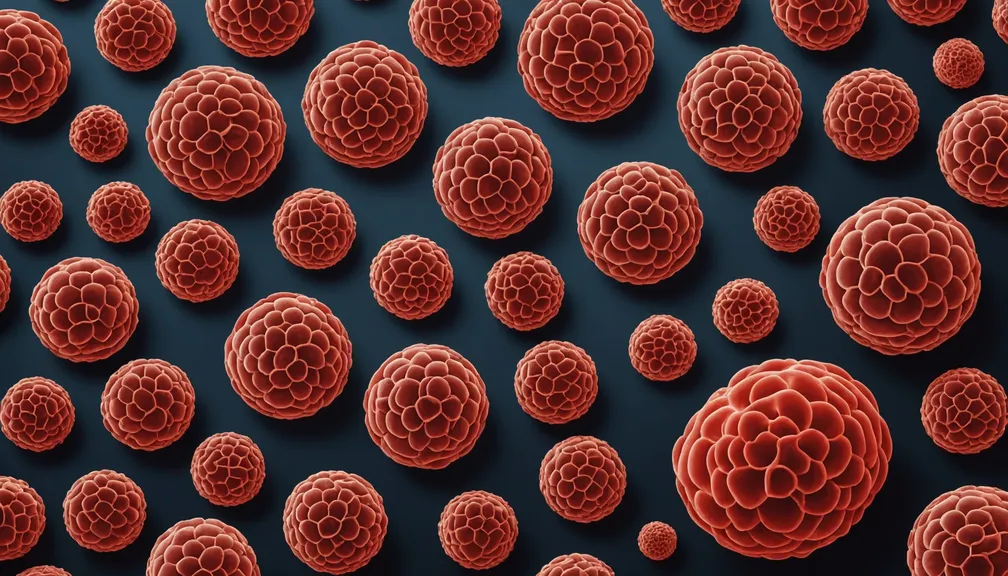Life After Treatment: Remission and Follow-Up Care
Achieving remission in hematologic cancers such as leukemia, lymphoma, or multiple myeloma is a significant milestone. However, life after treatment involves ongoing care and attention to maintain health and prevent recurrence. This lesson provides guidance on what to expect, how to care for yourself, and the support available during this phase.
Understanding Remission
Remission means that signs and symptoms of cancer are reduced or undetectable. There are two types of remission:
- Complete Remission: All signs of cancer are gone.
- Partial Remission: Cancer is still present but has decreased in size or number.
Importance of Follow-Up Care
Follow-up care is essential to:
- Monitor for cancer recurrence.
- Manage any long-term side effects of treatment.
- Support overall physical and emotional well-being.
Regular Medical Check-Ups
Frequency of Visits
- First Year After Treatment:
- Visits every 1 to 3 months.
- Second to Fifth Year:
- Visits every 3 to 6 months.
- After Five Years:
- Annual check-ups.
What to Expect During Visits
- Physical Examinations: To assess overall health.
- Blood Tests: To monitor blood cell counts and organ function.
- Imaging Tests: Such as CT scans or MRIs to detect any signs of cancer returning.
Managing Long-Term Side Effects
Treatment for hematologic cancers can have lasting effects. It's important to recognize and manage these to maintain quality of life.
Common Long-Term Side Effects
- Fatigue: Persistent tiredness that isn't relieved by rest.
- Infections: Increased susceptibility due to a weakened immune system.
- Anemia: Low red blood cell count causing weakness and shortness of breath.
- Bone Health Issues: Osteoporosis or bone pain.
Strategies for Management
- Healthy Diet: Eat a balanced diet rich in vitamins and minerals.
- Regular Exercise: Helps improve strength and reduce fatigue.
- Medication: Follow your doctor's recommendations for managing specific symptoms.
- Rest: Ensure adequate sleep and rest periods throughout the day.
Preventing Recurrence
While remission is a positive outcome, preventing cancer from returning is a key focus.
Healthy Lifestyle Choices
- Balanced Diet: Incorporate fruits, vegetables, whole grains, and lean proteins.
- Exercise Regularly: Aim for at least 150 minutes of moderate exercise per week.
- Avoid Smoking and Limit Alcohol: Reduces the risk of cancer returning.
- Maintain a Healthy Weight: Supports overall health and immune function.
Recognizing Early Signs of Recurrence
Be aware of symptoms that may indicate cancer is returning, such as:
- Unexplained weight loss.
- Persistent fatigue.
- Unusual bruising or bleeding.
- Recurrent infections or fever.
Report any unusual symptoms to your healthcare provider promptly.
Emotional and Psychological Support
Achieving remission can bring a mix of emotions, including relief, anxiety, and uncertainty.
Coping Strategies
- Counseling: Professional support can help address emotional challenges.
- Support Groups: Connecting with others who have similar experiences.
- Mindfulness and Relaxation Techniques: Practices like meditation or yoga can reduce stress.
- Open Communication: Share your feelings with family and friends.
Building a Support Network
Having a strong support system is crucial for navigating life after treatment.
Types of Support
- Family and Friends: Provide emotional and practical assistance.
- Healthcare Team: Includes doctors, nurses, and specialists who offer medical guidance.
- Community Resources: Support groups, social services, and recreational activities.
Roles of Healthcare Professionals
A diverse team of healthcare providers supports patients in remission and during follow-up care.
Oncologists
- Role: Monitor cancer status, manage follow-up treatments, and address any signs of recurrence.
Hematologists
- Role: Specialize in blood disorders and oversee blood cell recovery post-treatment.
Primary Care Physicians
- Role: Provide general health care, coordinate with specialists, and manage overall well-being.
Nurses and Nurse Practitioners
- Role: Offer care coordination, education, and support for managing side effects.
Mental Health Professionals
- Role: Assist with coping strategies, emotional health, and psychological support.
Nutritionists and Dietitians
- Role: Guide healthy eating habits to support recovery and maintain strength.
Physical Therapists
- Role: Help improve physical function, mobility, and manage fatigue through tailored exercise programs.
Creating a Personalized Follow-Up Plan
Collaborate with your healthcare team to develop a follow-up plan tailored to your specific needs.
Components of the Plan
- Scheduled Appointments: Regular check-ups and tests.
- Medications: Ongoing treatments or medications to prevent recurrence.
- Lifestyle Recommendations: Diet, exercise, and habits to support health.
- Support Services: Access to counseling, support groups, and other resources.
Staying Informed and Proactive
Take an active role in your health by:
- Staying Educated: Keep up-to-date with information about your condition and treatments.
- Asking Questions: Don’t hesitate to seek clarification from your healthcare team.
- Tracking Health: Keep a journal of symptoms, side effects, and any concerns to discuss during appointments.
Conclusion
Life after treatment for hematologic cancers involves careful monitoring, managing long-term effects, and maintaining a healthy lifestyle. With regular follow-up care and support from a dedicated healthcare team, patients can navigate remission successfully and work towards a fulfilling, healthy life.






